Focusing on the Land & the Environment
Much of Sihasin’s music is intimately intertwined with their protection of land and sacred sites. The Benallys draw upon experiences they’ve had since their youth, when they first began witnessing the degradation of Diné lands through the exploitation of natural resources.
“Before people recognized [it] as climate change, our elders were out there, in the frontlines. … We were the only ones standing up against these corporations and governments, trying to get them to respect our Mother Earth, who we view as a living entity,” says Clayson Benally. “[As Sihasin is] writing about contemporary issues and the things that we’re struggling with … we’re, in a sense, documenting and capturing that moment of history and putting our perspective within that, but also using that as a tool for healing.”
Both Clayson and Jeneda Benally have worked with not only their own tribe, but also other tribes around the Southwest to fight against resource exploitation and to preserve traditional lifeways.
“Unfortunately, there are corporations or resources that people wish to exploit,” Clayson Benally continues. “As long as people … put those commodities above our lives, then [Indigenous people] are always going to come up against these conflicts.”

Such viewpoints are echoed by Quinton “Yung Trybez” Nyce, half of the Haisla hip-hop duo Snotty Nose Rez Kids, who says, “You can’t separate land from identity … because we are the land; we are the protectors of this land, and the land is us. When it comes to making music — especially as Indigenous artists — you can try and take the politics out of it, but somehow, it just keeps crawling back.”
Originally from the Haisla reservation on the Northwest coast of Canada but now located in Vancouver, British Columbia, Yung Trybez and Darren “Young D” Metz have recently released their 2023 full-length record, I’M GOOD, HBU?. The album contains a track called “HOT PLANET,” which was initially supposed to be a light-hearted, apolitical representation of how Snotty Nose Rez Kids are “hot in the scene,” but it evolved to encompass their frustrations.
“It kind of showed our anger towards how people are treating this whole climate change [issue], and the way that we’re supposed to attack it is just not happening,” comments Yung Trybez. “We’re hot-headed right now because of it. The politics always come back into the music, even though we try to separate ourselves or take ourselves one degree of separation from that political aspect. That is being Indigenous.”
The deep connection between being Indigenous and the natural world is also shared by Jessa Calderon, a Gabrielino Tongva, Chumash, and Yoeme singer, rapper, and writer who also serves as the Director of Water, Land, and Climate Justice with Sacred Places Institute for Indigenous Peoples.
“For a long time, the conditioning of the people of the U.S. made it so that they were not ready to hear our truths or even believe them,” she says. “But as more information comes to surface about modern situations like oil spills and devastation of drinking water [and] household water, more and more people are opening their eyes to the smoke and mirrors we lived among. … [Native] creators are being reached out to more and more for those reasons, as we are the ones with artforms already speaking to these issues.”
“We cannot go back to the time before colonization,” says Calderon. “But I understand that traditional ways of thinking can make positive changes to the land, water, and communities.”
- Introduction
- Defining “Indigeneity” on One’s Own Terms
- Incorporating Tradition in Contemporary Music
- Learning, Preserving & Revitalizing Language
- Focusing on the Land & the Environment
- Raising Awareness Around MMIW/P
- Using Film as a Medium to Elevate the Collective
- Uplifting & Empowering the Youth
- Facing the Challenges of Visibility
- Building Infrastructure for Change
- Dreaming the Future

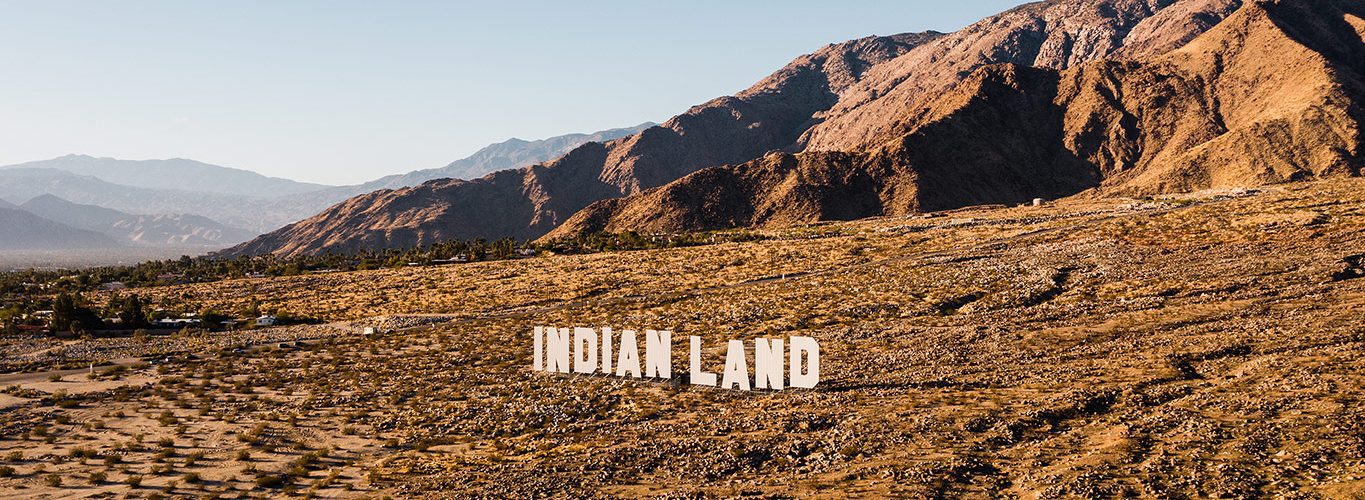

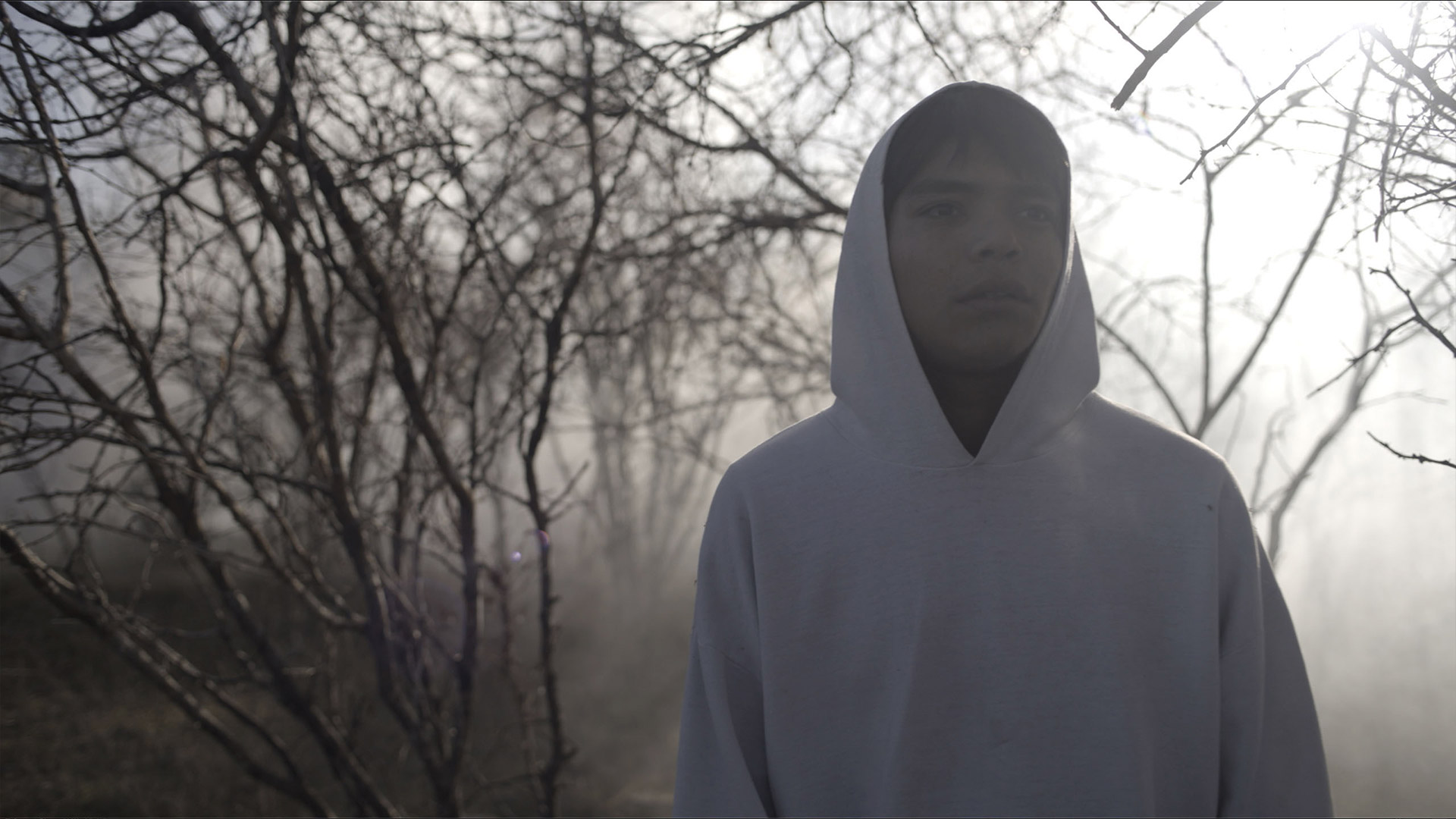
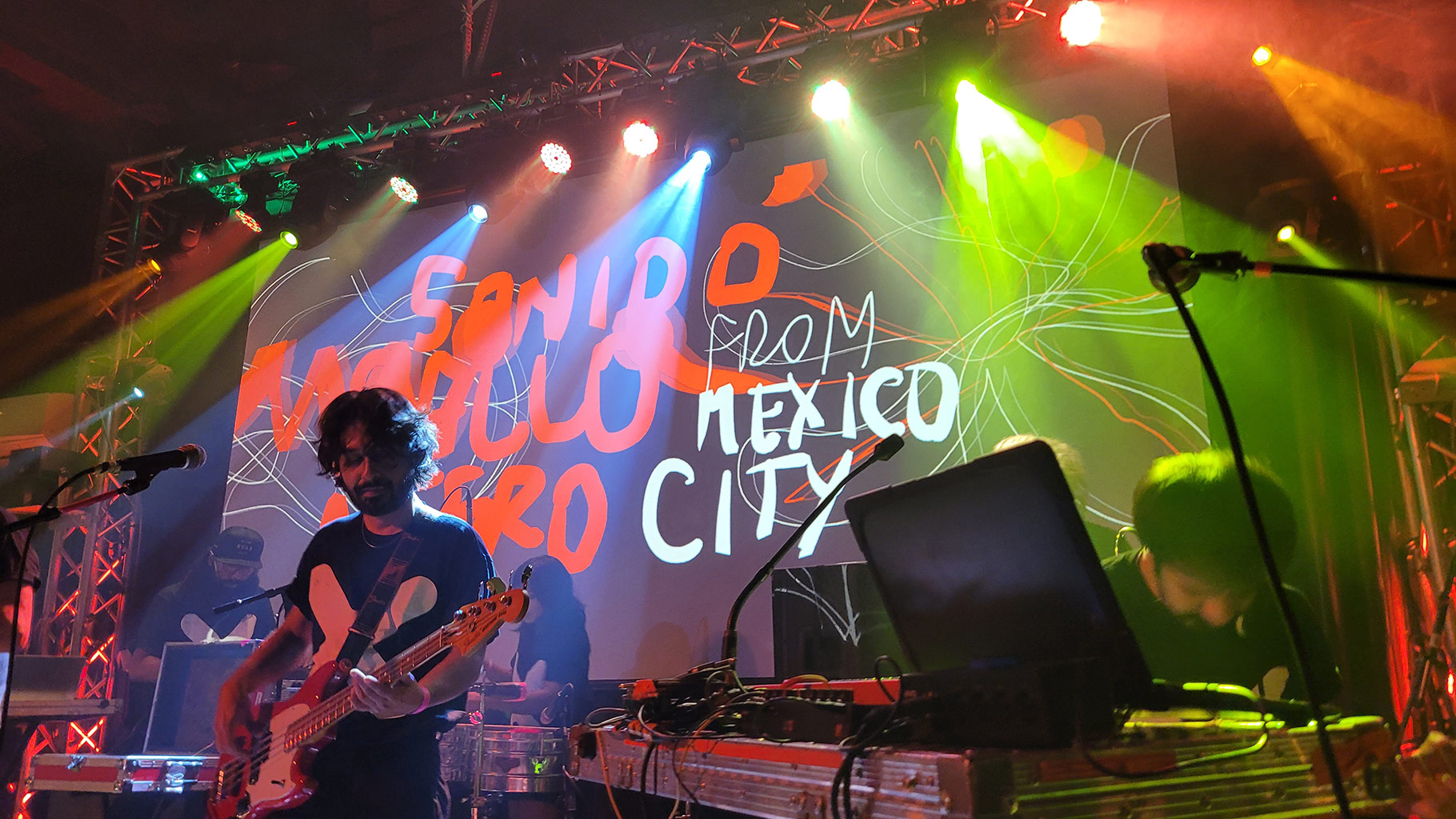
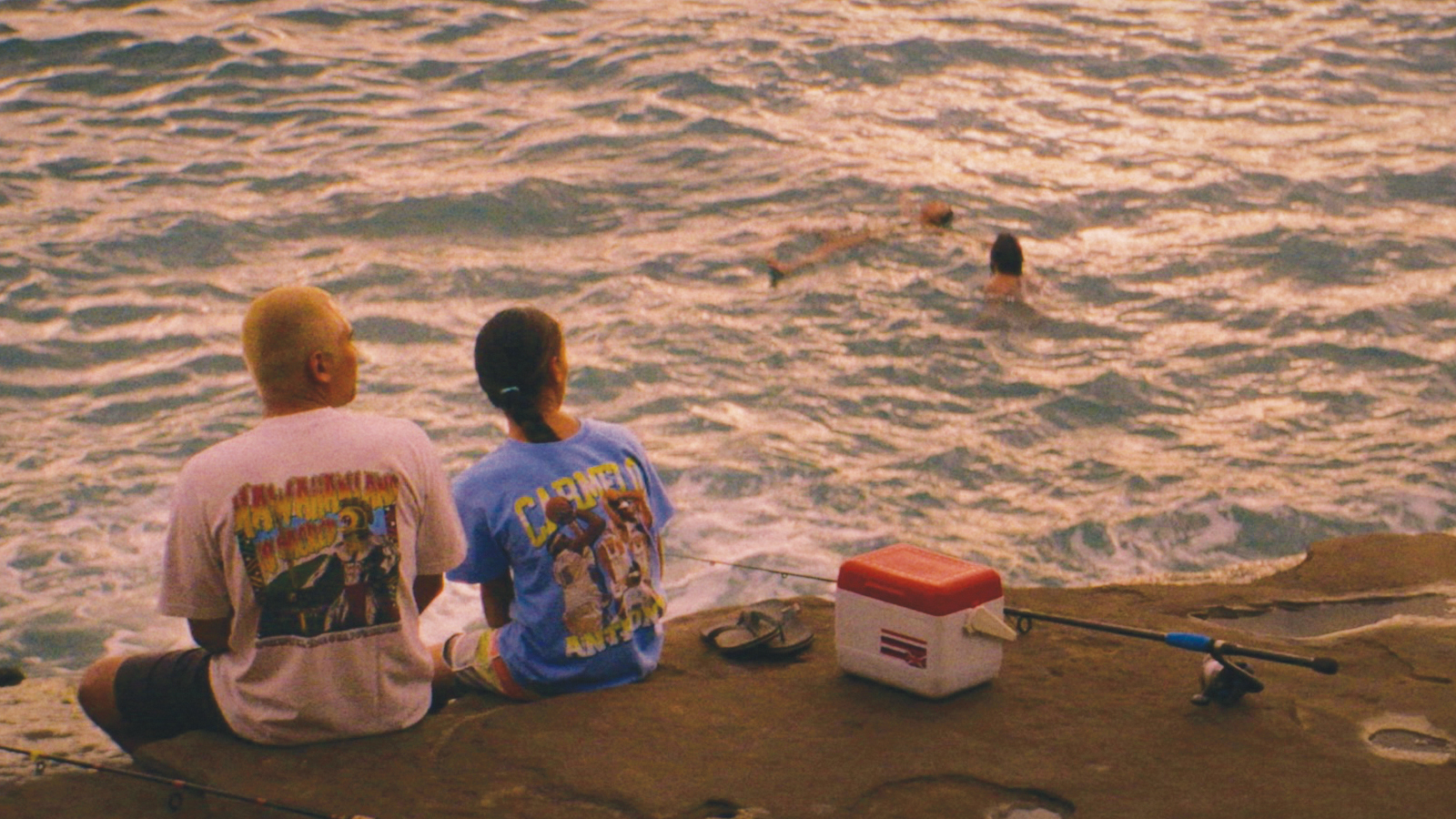
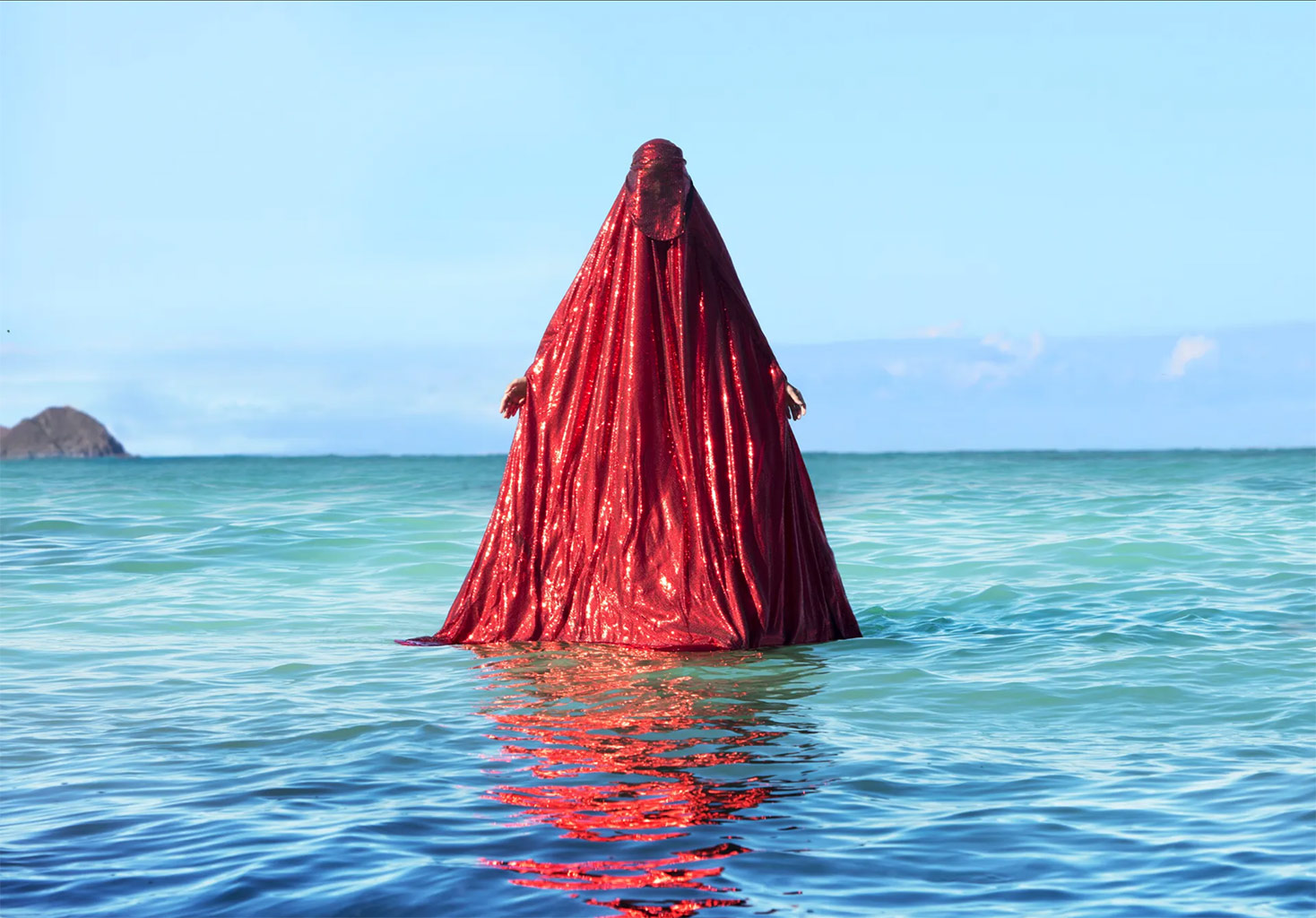
[…] min read29 seconds agoAdd comment I haven’t even stepped foot into the Snotty Nose Rez Kids show, and I already notice a couple things outside the venue. Clearly, the Indigenous fashion is […]